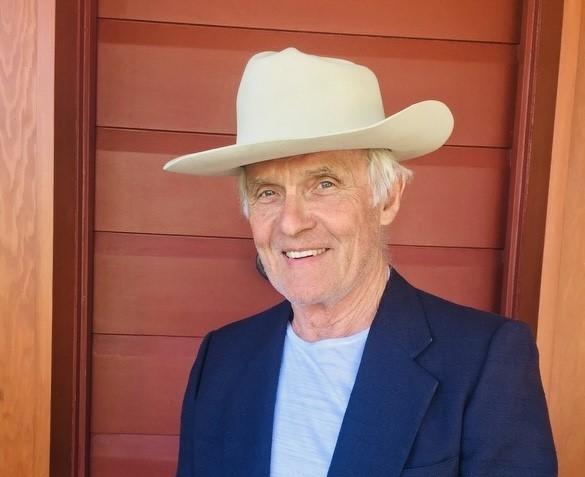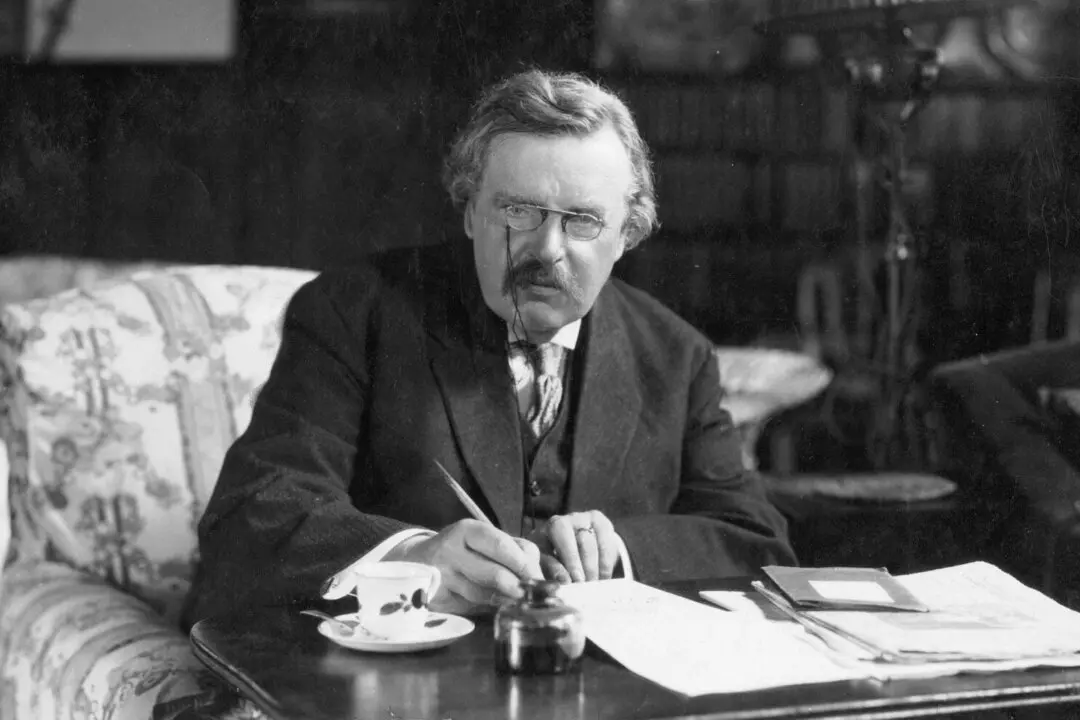Commentary
Last weekend my wife and I returned from a mid-winter break that took us by air from Montreal to San Francisco, by sea down the Pacific coast, through the Panama Canal, past several Caribbean Islands, and up to New York City where we had booked Amtrak rail tickets for the trip back to Montreal.





